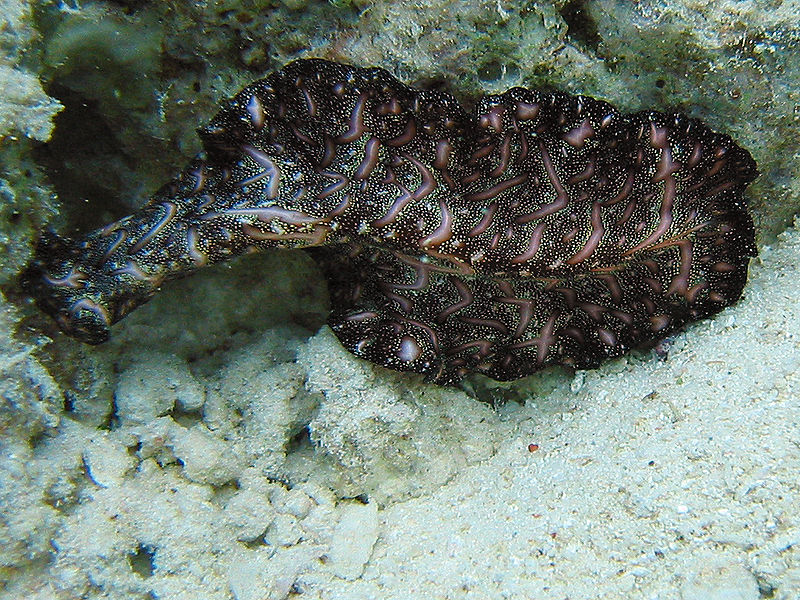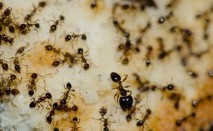
Category: Invertebrates

The structure of flatworms (flat) reflects their physiology – they have no body cavity other than a gut in most cases and rely on diffusion for respiration. Traditional zoology texts have divided this phylum into Turbellaria (Planarians) and three parasitic groups: Cestoda (tapeworms), Trematoda (flukes), and Monogenea (fish parasites), though scientific articles may present a more phylogenetically nuanced picture. For example, recent molecular research suggests that Turbellarians may have arisen polyphyletically (from two independent groups from different ancestral groups). Parasitic flatworms are a significant public health concern worldwide but are sometimes employed for beneficial purposes, such as controlling mosquito and invasive snail populations.
https://en.wikipedia.org/wiki/Flatworm
http://www.ucmp.berkeley.edu/platyhelminthes/platyhelminthes.html

It’s an ant’s world. We’re just living in it.
Do humans truly dominate the world? The Argentine ant may have something to say about that. Many ants are known for their large colonies, but the Argentine ant, named for its South American origins takes this to a whole other level. Due to inadvertent introduction by humans, the Argentine ant has spread to all continents except Antarctica. There are now three known super-colonies of these ants: one in Europe (the largest, covering 3,700 miles), one in California (560 miles), and another on the west coast of Japan. Ants are often territorial, but amazingly, ants belonging to the super-colonies recognize one another: if you were to introduce a super colony ant from Japan to one from Europe or California, they will recognize each other as friends!
Learn more >>
 Discover Animals is a web-based educational resource offered by the NAIA
Discover Animals is a web-based educational resource offered by the NAIA